U.S Border Patrol reported on Friday that less than the expected number of border arrests took place in March. Typically during the spring season, there is an increase in the number of attempted crossings due to the warmer weather.
However, despite this expected Spring bump, crossings fell for the first March since 2017. Some attribute the fall in arrests to increased enforcement efforts on the Mexican side of the border.
Border Patrol Numbers

According to the US Border Patrol, border authorities made 137,480 arrests of people entering from Mexico in March. This is a 2.3% decrease from the 140,638 arrests that were made in February.
With this low arrest tally, March has become one of the lowest monthly totals in the entirety of the Biden presidency. Under Biden, border arrests peaked at almost 250,000 in the month of December 2023 alone.
Mexican Authorities Ramping Up
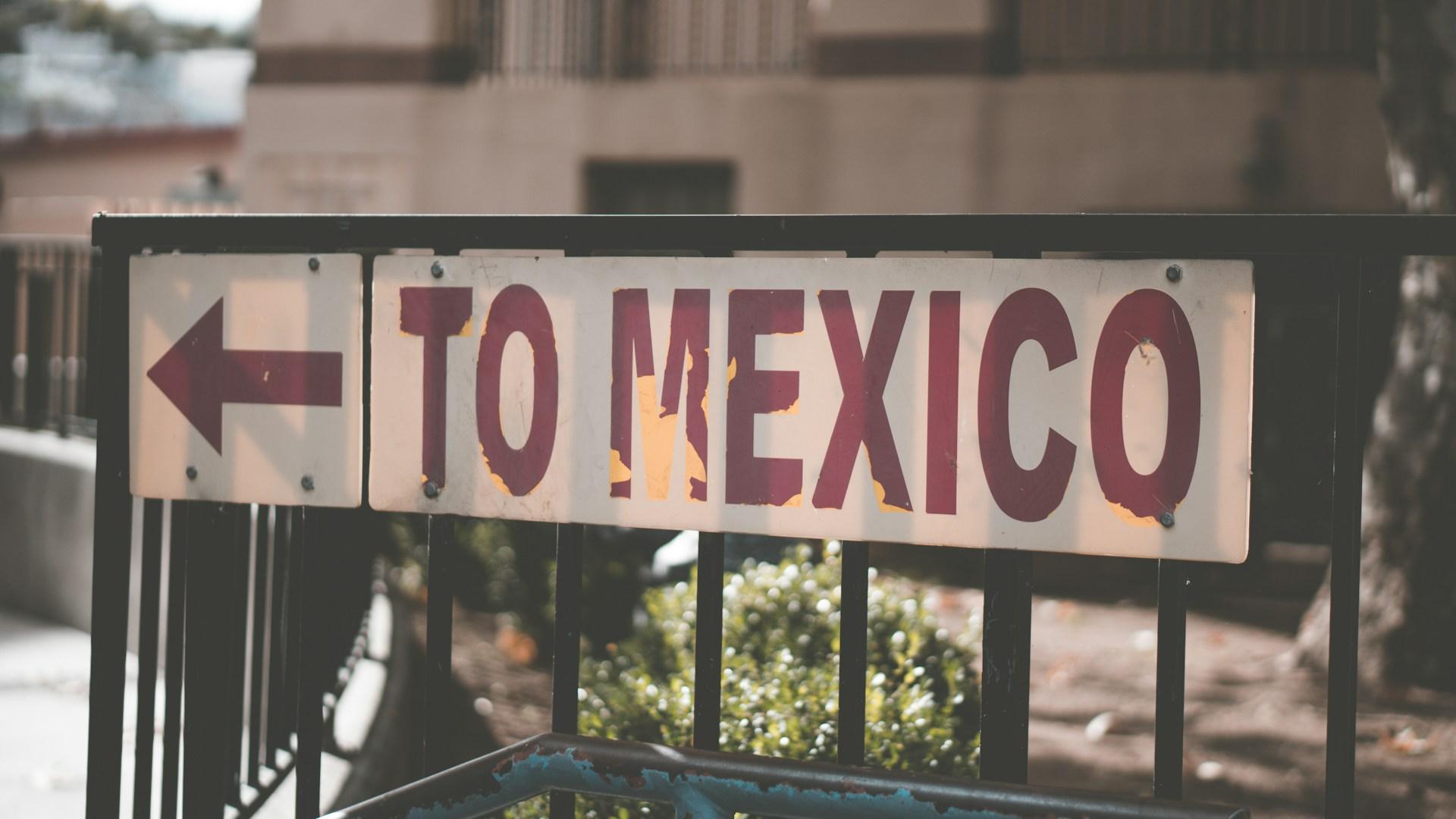
According to NPR, Mexico detained migrants crossing the US border 240,000 times in the first two months of 2024. Comparing these numbers to the same period in 2023, the number of times Mexican authorities have stopped migrants has tripled.
Mexico has also been deporting these migrants deep into the south of the country to discourage them from attempting another crossing. Law enforcement in Mexico hasn’t released the March numbers for detainment yet.
Lower Encounters

Border Patrol acknowledges that encounters at the border are falling, but are still remaining vigilant and continuing important operations.
“Encounters at our southern border are lower right now, but we remain prepared for changes, continually managing operations to respond to ever-shifting transnational criminal activities and migration patterns,” said Troy Miller, acting commissioner of U.S. Customs and Border Protection.
Motivation of Mexico
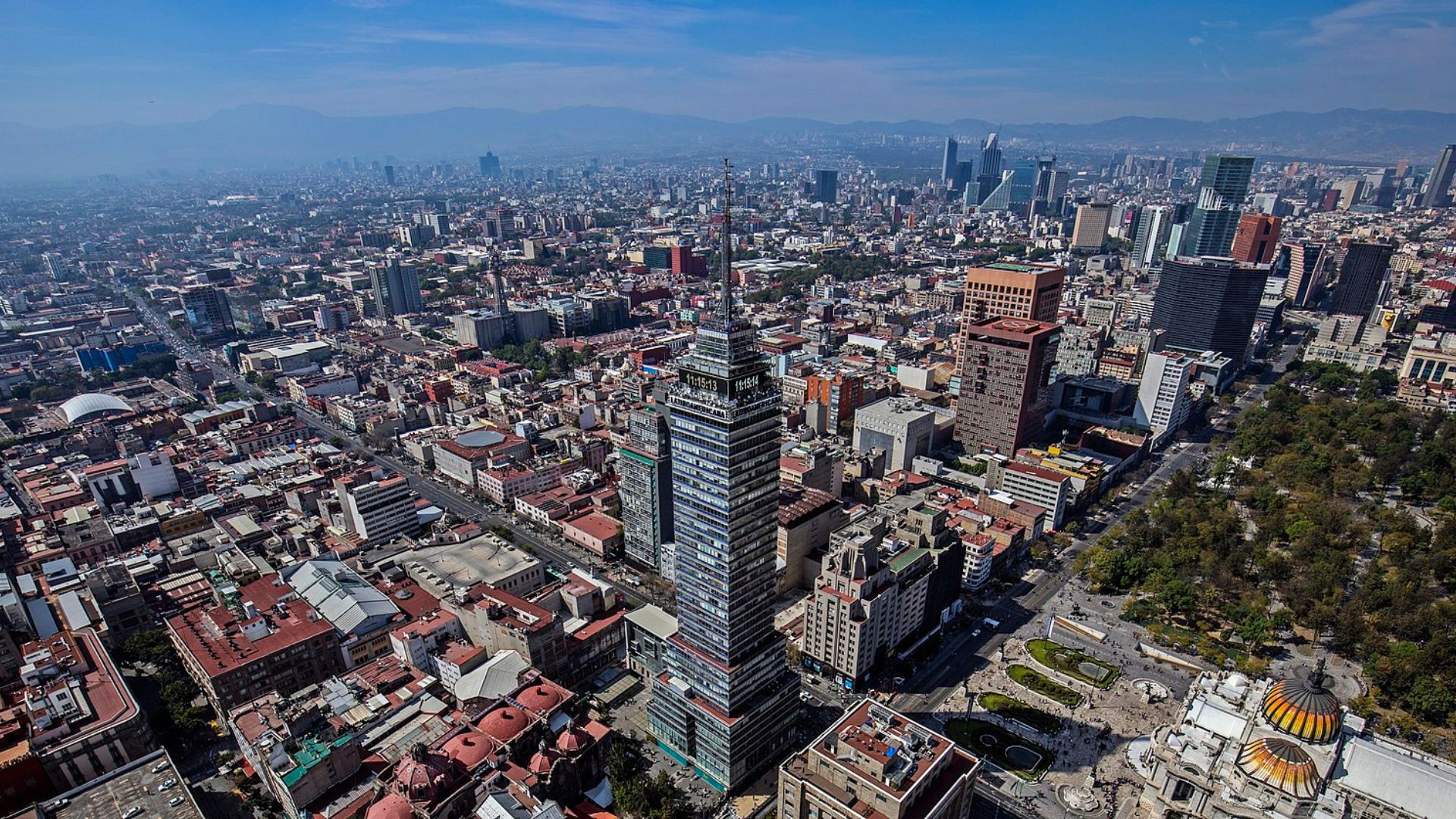
Mexican President Andrés Manuel López Obrador made recent comments saying that Mexico is not bowing to pressure from the United States.
“We are not a colony. We are not a protectorate of any foreign country,” López Obrador said through an interpreter to correspondent Sharyn Alfonsi in an interview earlier this month. “And we have a very good relationship with the government of the United States — but not one of subordination.”
Willing to Help More
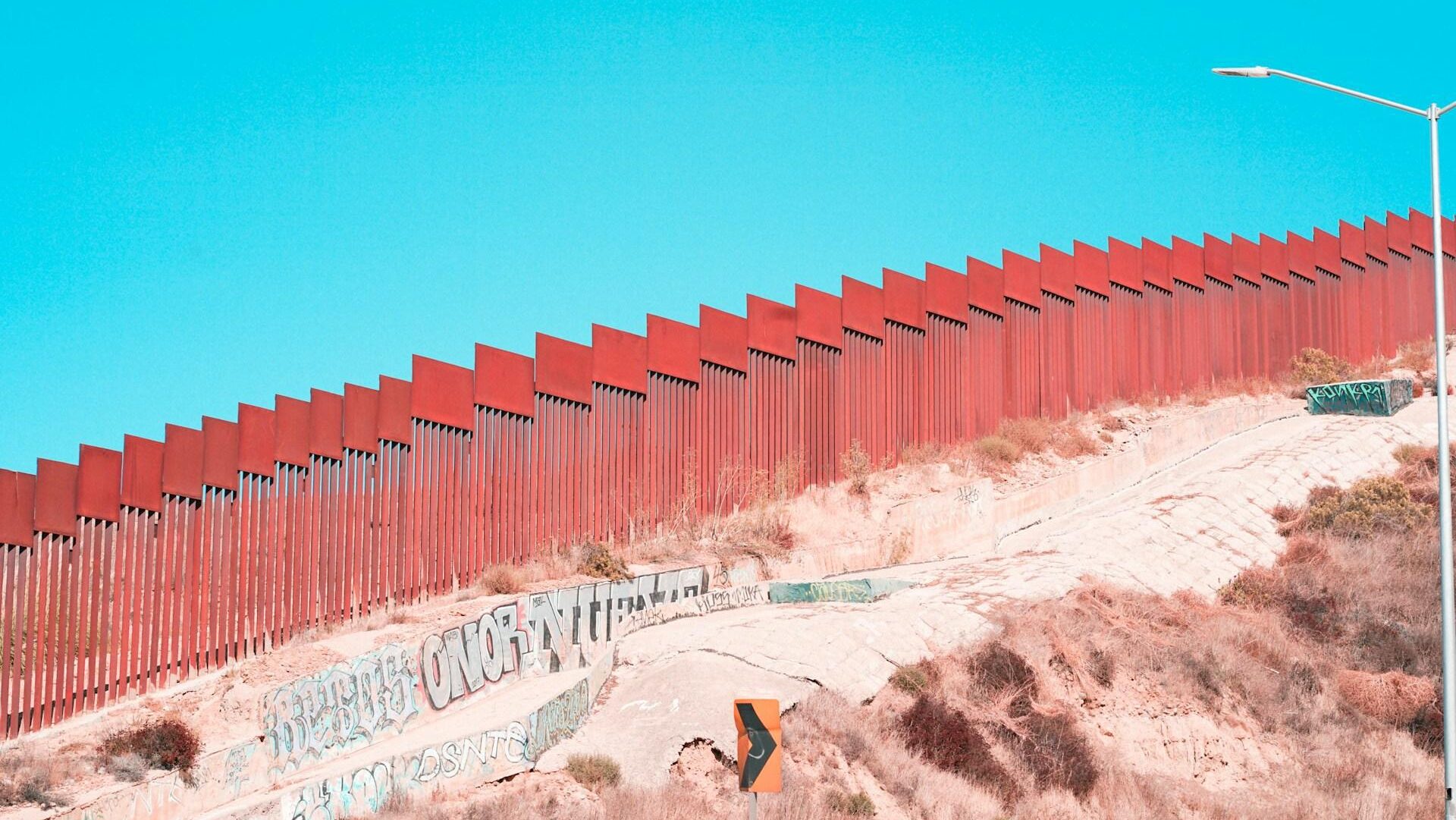
President López Obrador of Mexico has previously floated the idea of helping out with the United States border crossing problem but has demanded that America open talks with Cuba in exchange.
López Obrador also wanted the U.S. government to send more developmental aid to the home countries the migrants are coming from. For its part, the US wants Mexico to block migrants crossing its southern border with Guatemala and make it harder to travel north through the country.
Misleading Tally

Although the official arrest tally has fallen slightly, it does not include some of the new and expanded ways that Biden has created under his presidential powers for migrants to come into the country through other methods.
In March, 44,000 people were granted crossing permission by the government through an online appointment system. Over 547,000 migrants have been allowed into the country since the appointment system was introduced in January.
Financial Sponsors
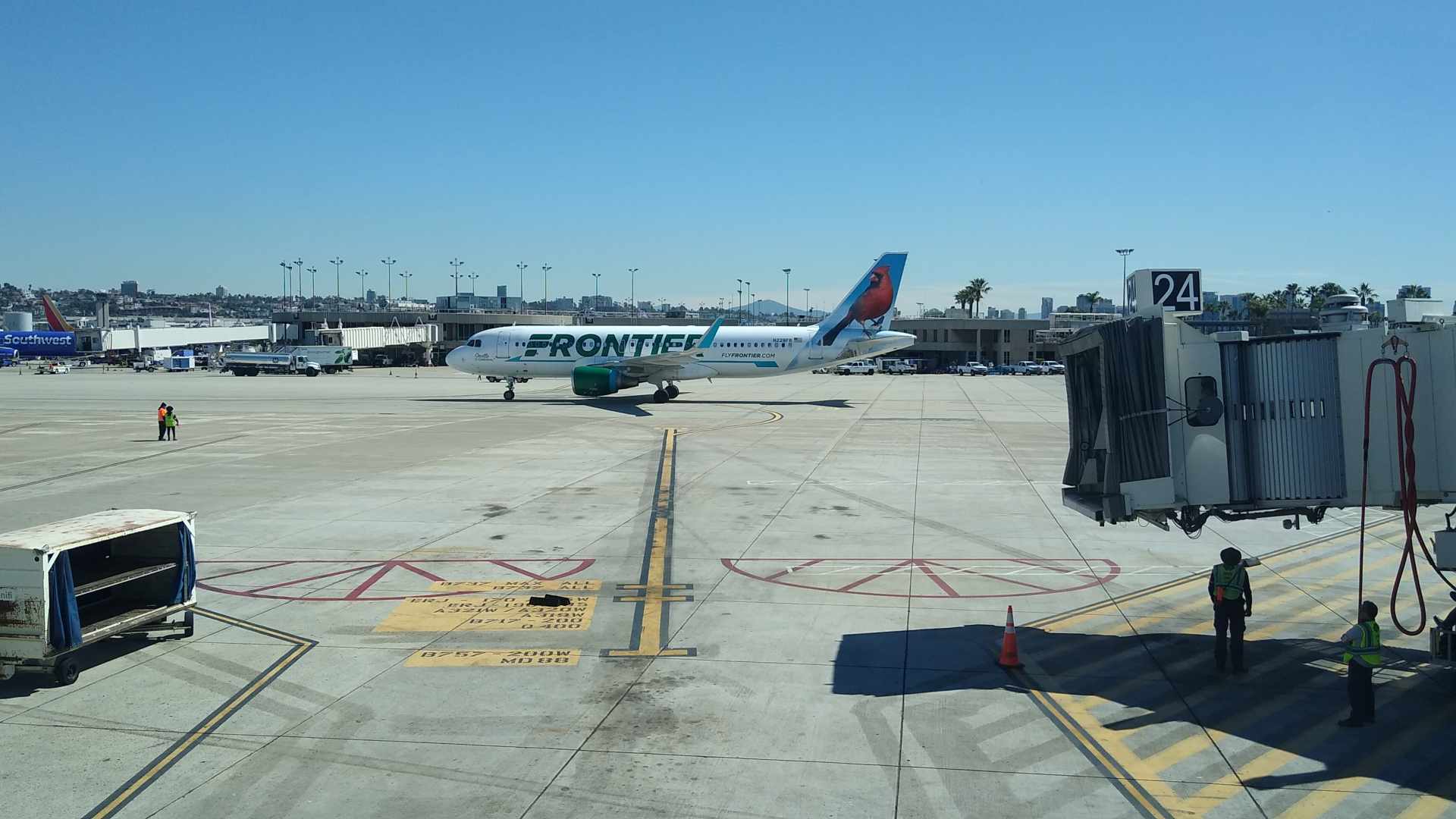
The online appointment program, called CBP One, allows sponsors to pay the financial way for an incoming migrant while granting them temporary stay permission.
Since its inception, migrants from Cuba, Haiti, Nicaragua, and Venezuela comprise more than 400,000 of the program’s recipients. After being sponsored, the migrants arrive at an airport and are granted entry into the United States.
Migrants in Fear
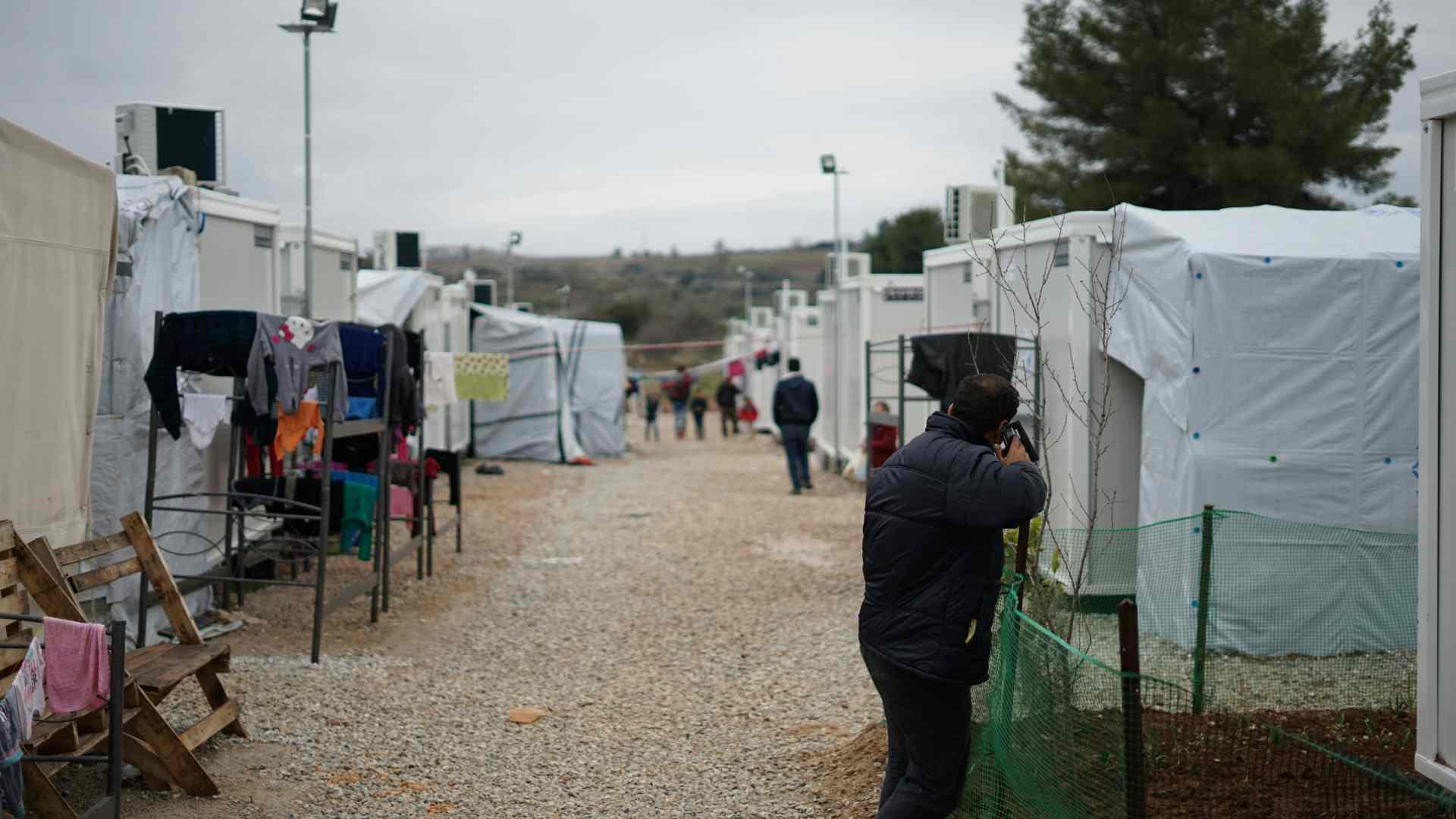
Mexican authorities cracking down on border crossings has left migrants fearing them more than US ones. Migrants are afraid of the consequences of surrendering to Mexican authorities which will stop them from even attempting a crossing. Mexico has employed its Army and National Guard and inserted them into patrols with immigration officers.
By contrast, Migrants are likely to happily run to US border agents to start their asylum processing.
Mutual Goals
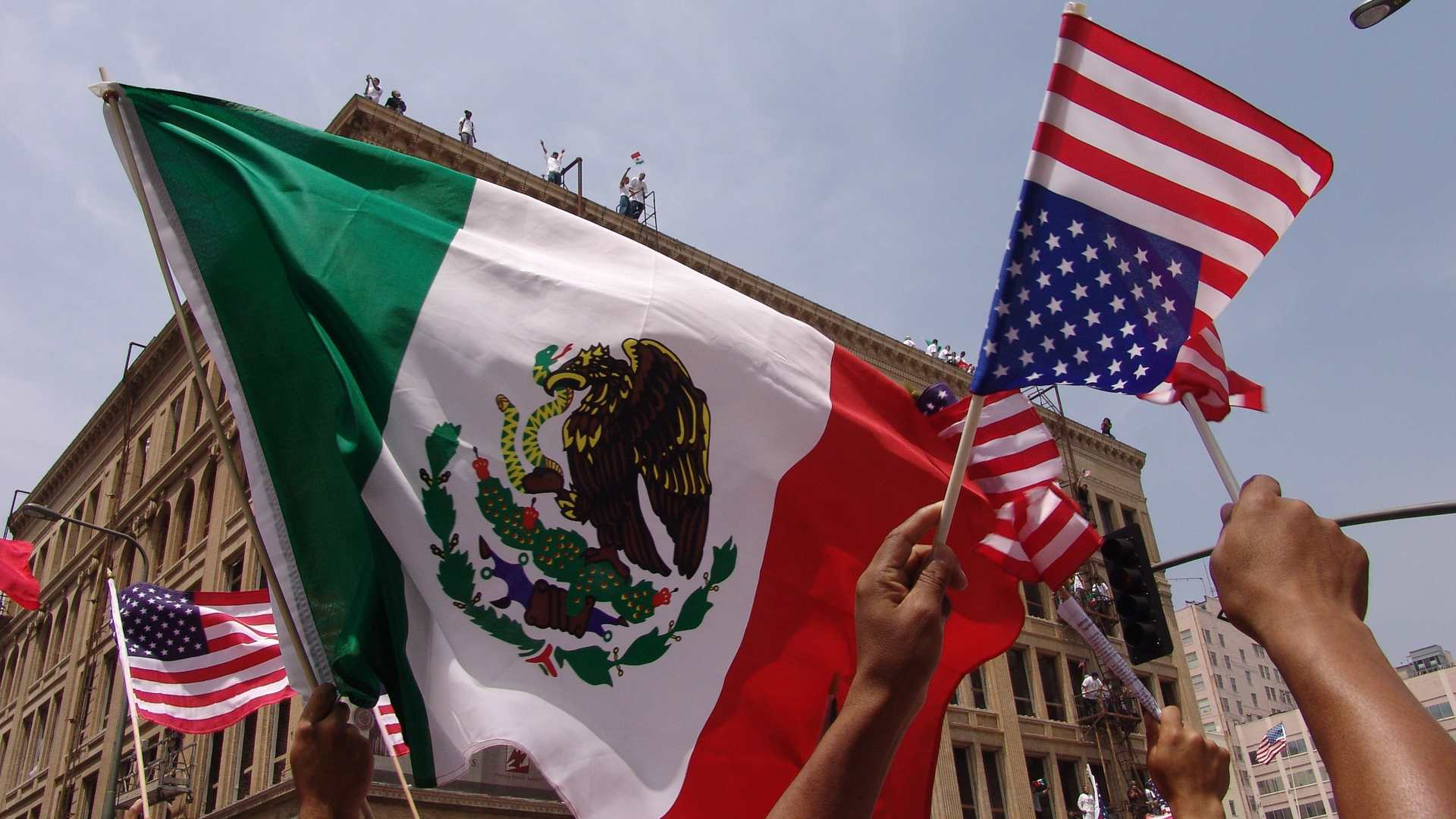
Both Mexico and United States presidents are facing an election this year, with Mexico’s election taking place on June 2. Both men have the motivation to clamp down on border crossings and keep them low to not allow their political opponents to use crossing numbers as a cudgel against them.
In February, Gallup News reported that 28% of American voters said immigration was their most important problem.
Affecting American Cities

The influx of migrants crossing the southern border, which some have called a “migrant crisis” has been overwhelming the resources of several American cities.
Denver recently announced a $90 million reallocation of the city’s budget to fund migrant newcomers coming to the city. Cities like New York and Chicago have been asking for help funding aid programs for these migrants.
Will the Decrease Continue?
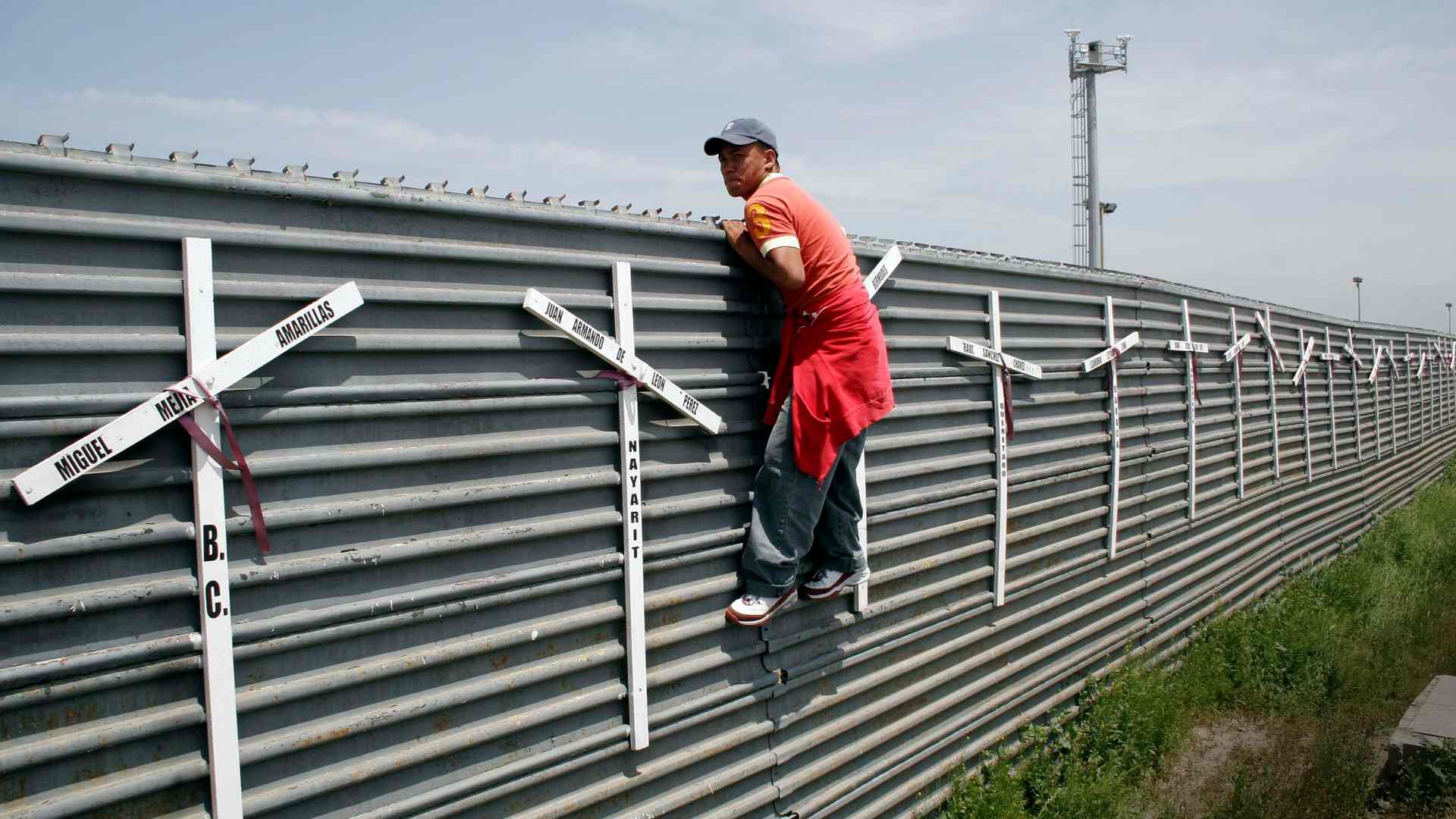
It remains to be seen if this slight downtick in Border Patrol arrests will continue going forward. If Mexican authorities continue to crack down on those who cross their northern border, it would stop the number of people who can apply for asylum in the United States.
However, the prospect of seeking asylum is tempting for many migrants, who hope to secure better economic opportunities and support than they can find in their home countries.
